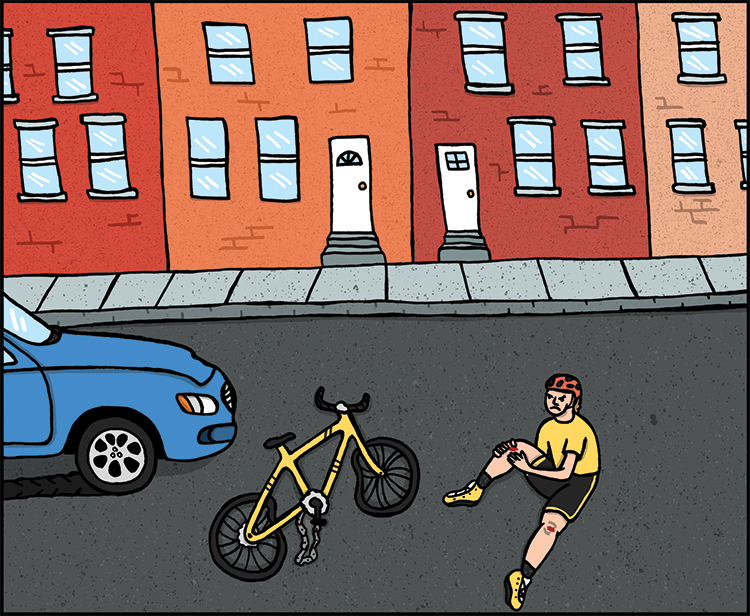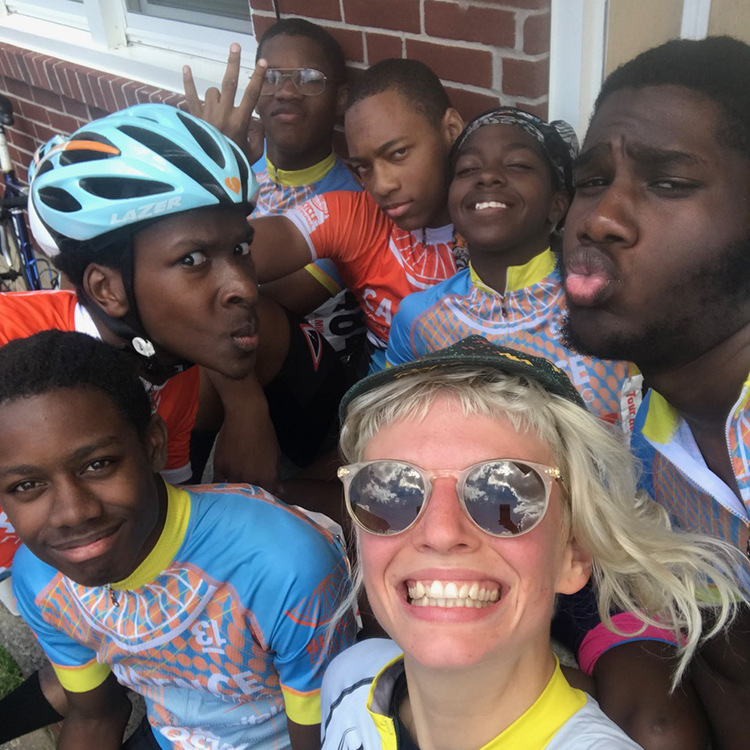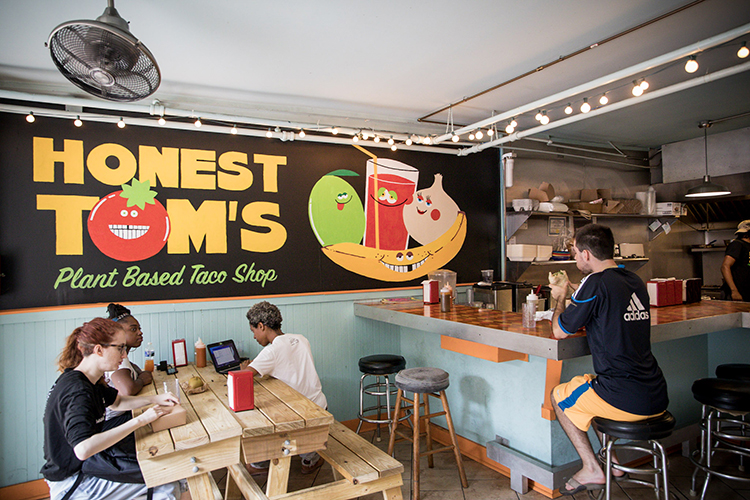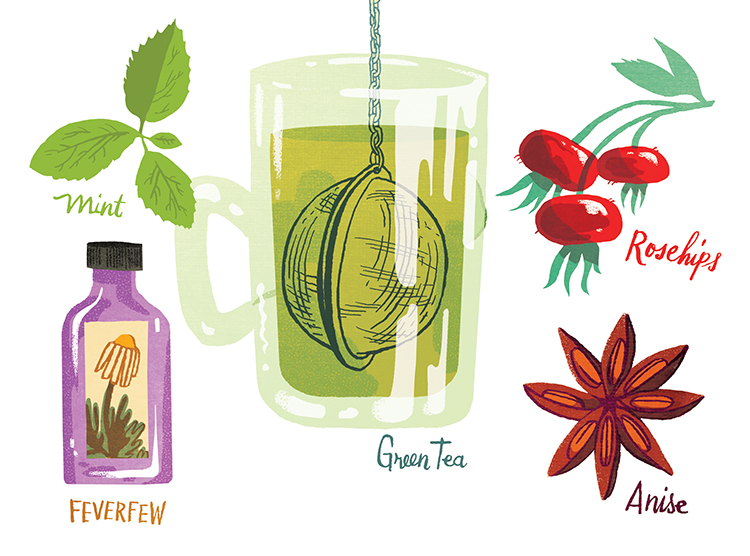Five years ago when I graduated from college, everyone assumed that I would be leaving my hometown of Norristown for greener pastures. I was making it out! To their surprise, I came back home for law school and found myself questioning the path often associated with “success.”
When I moved back home, I received a call from the president of Norristown Men of Excellence (NMOE), a group of diverse Norristown Area High School alumni dedicated to supporting and promoting community programs that encourage engagement, economic development, and youth opportunities. He asked me to consider joining the group, and I did.
NMOE’s membership consists of majority Black community leaders, most of whom at some point played football for Norristown High. Most members left for college and returned home in search of doing something positive. They bring with them not only their passions but also their skills as educators, business leaders and finance executives.
Over the years, I have witnessed NMOE respond on a personal level to single mothers who need to teach their kids how to wear a tie, and speak publicly at school board meetings advocating for better access to opportunities for students. At a time when government resources are limited, NMOE fills crucial needs through tutoring, after-school programs, college application assistance, sports clinics, turkey drives, and scholarships support.
For these men, “making it out” meant not only succeeding in their professional and personal life but also returning home to contribute to their community. It’s a trend that’s going against national data.
Young, college-educated people are flocking to cities from all over the country. As a result, many parts of the country, especially rural America, face a major brain drain. These are individuals who would otherwise be contributing to the tax base back home, running for local school board or innovating new ways to tackle local issues.
Norristown, while not rural by any measure, is pretty similar in its retention rate for young and educated people. Personally, I know a large group of my close friends who fit the profile and have left for the city. I don’t blame them either—and just to be clear, I don’t think there is anything wrong with seeking opportunities outside of one’s hometown.
The NMOE has taught me that helping others follow in your footsteps might be more gratifying than “making it out.” But, the more I think about it and the more I talk to my friends who have returned home, the more I realize that this “pressure” to come back home is shared overwhelmingly by people of color and those from low-income communities. When we tend to “make it out,” there’s more than just green pasture on the other side. Often times, we are reminded of the community that helped us get to where we are and we feel the pain of those who are still struggling – if not for anything, but because we have lived their daily experiences. Returning home for us is not only a sense of public service, but rather a necessary duty to elevate those who have been left behind.
This idea of balancing personal achievement while helping others is perfectly encapsulated by an inspiring motto of the National Association of Colored Women: “lifting as we climb.” To me, this represents the very best of our American ideals—social responsibility with no strings attached.








